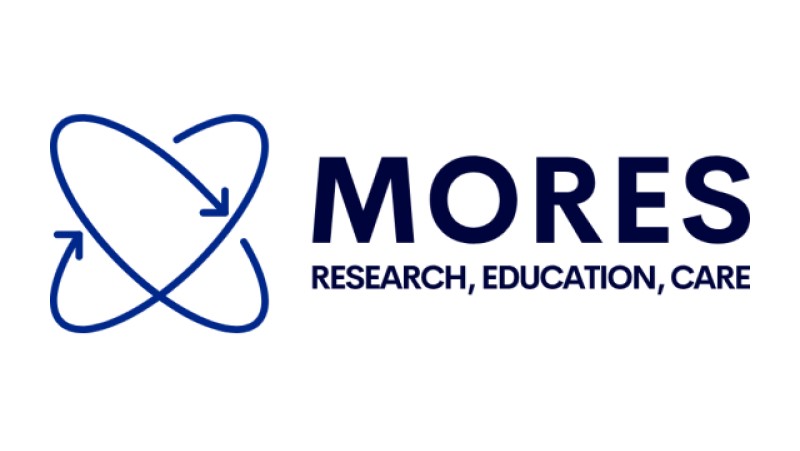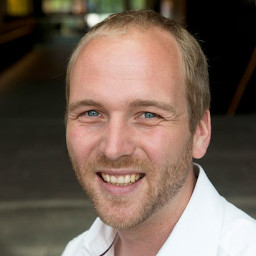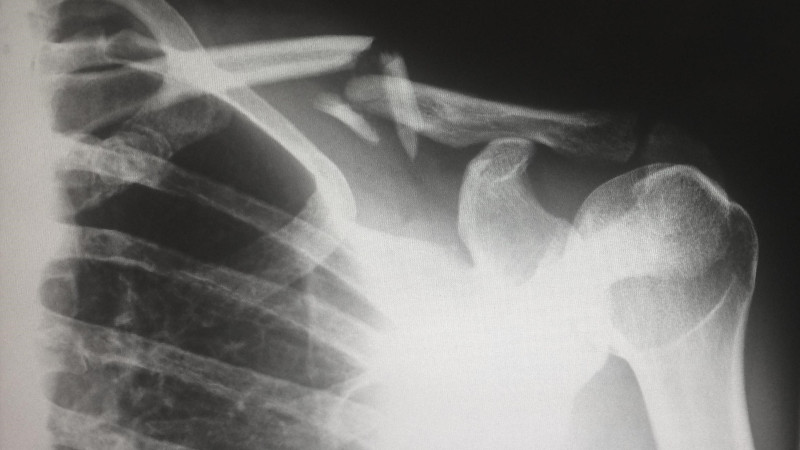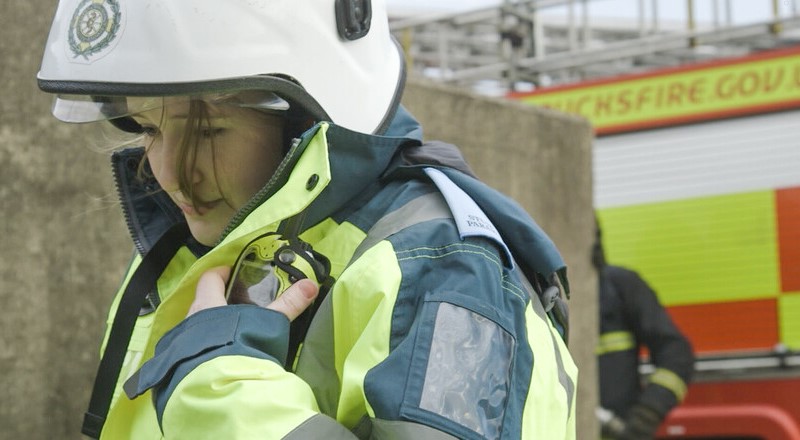MOReS brings together a diverse team of professionals from various disciplines, fostering a collaborative environment to tackle complex, community-driven research questions. By integrating expertise from fields such as allied health professionals, engineering, sport and exercise sciences, and data analytics, MOReS addresses pressing societal challenges with innovative, evidence-based solutions. This interdisciplinary approach not only ensures scientific rigor but also aligns research priorities with real-world needs, bridging the gap between academic discovery and community impact.
MOReS provides an exceptional and unique environment for postgraduate research students, offering mentorship from leaders in their respective fields. Students gain unparalleled opportunities to learn and apply the highest standards of research practices and methodologies within a dynamic, multidisciplinary setting.
Join MOReS by collaborating on innovative research projects, pursuing postgraduate opportunities, or partnering through interdisciplinary initiatives that align with our mission to advance health and well-being, by emailing the Director of MOReS directly: pesser@brookes.ac.uk.



/clear-03.jpg?width=800&height=450&ext=.jpg)
/msg-02.jpg?width=800&height=450&ext=.jpg)


